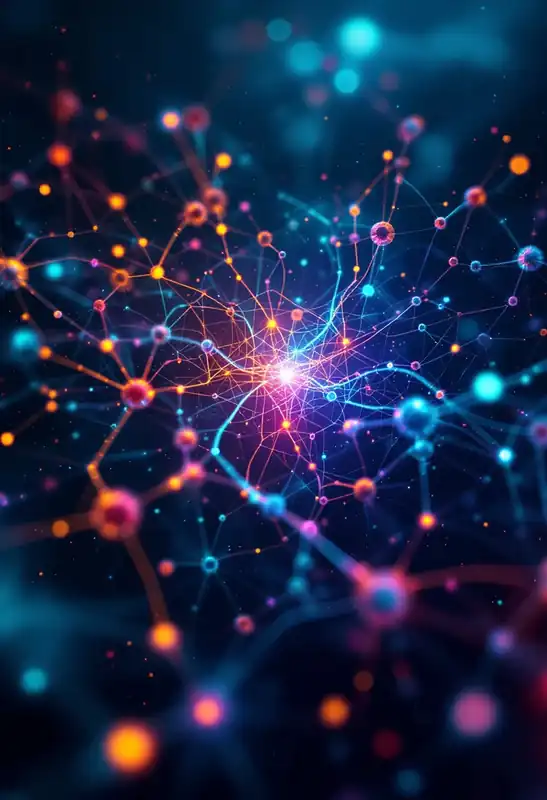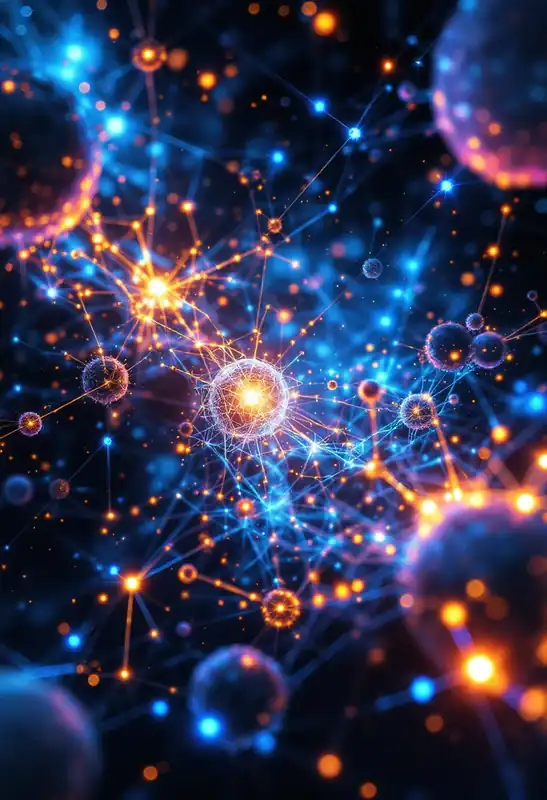Frank Rosenblatt
(9 articles)
ANN
Artificial Neural Networks
Artificial Neural Networks
Computing systems inspired by the biological neural networks that constitute animal brains, designed to progressively improve their performance on tasks by considering examples.
Generality: 875

Neural Network
Computing system designed to simulate the way human brains analyze and process information, using a network of interconnected nodes that work together to solve specific problems.
Generality: 932

Perceptron
Model in neural networks designed to perform binary classification tasks by mimicking the decision-making process of a single neuron.
Generality: 799

Artificial Neuron
Computational models inspired by biological neurons, serving as the foundational units of artificial neural networks to process input and output signals.
Generality: 825

MCP neuron
Early computational model of a biological neuron forming the basis for artificial neural networks.
Generality: 500

Linear Separability
The ability of a dataset to be perfectly separated into two classes using a straight line in two dimensions or a hyperplane in higher dimensions.
Generality: 500

Feed Forward
Essential structure of an artificial neural network that directs data or information from the input layer towards the output layer without looping back.
Generality: 860

Perceptron Convergence
A phenomena where a perceptron algorithm effectively stabilizes, ensuring that it can find a solution for linearly separable datasets after a finite number of iterations.
Generality: 500

Forward Propagation
Process in a neural network where input data is passed through layers of the network to generate output.
Generality: 830